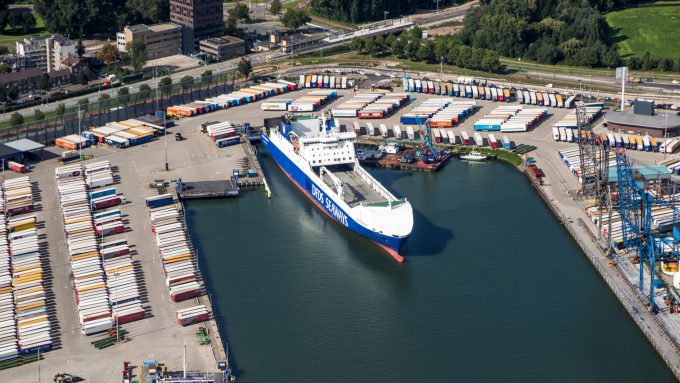DFDS to launch first Egypt-Italy ferry service for a decade
DFDS has shown its intent to expand its Mediterranean market share, today unveiling a new ...

DFDS has made an agreement with fellow ferry operator CldN to ramp-up channel ferry capacity in anticipation of January’s new UK customs regime.
The new system is expected to have some deleterious outcomes for British consumers and businesses, The Loadstar has previously reported, with customs brokers ...
MSC switches two more Asia-Europe port calls from congested Antwerp
Canada and Mexico get cosy with trade plan to bypass US
Front-loading frenzy has made traditional H2 peak season 'unlikely'
Tradelanes: Export boom in Indian sub-continent triggers rise in airfreight rates
Carriers introduce surcharges as congestion builds at African ports
Mexican airport modernisation plan unlikely to boost cargo facilities
Tradelanes: Overcapacity on Asia-S America impacting alliances and rates
Ports and supply chain operators weigh in on funding for CPB

Comment on this article